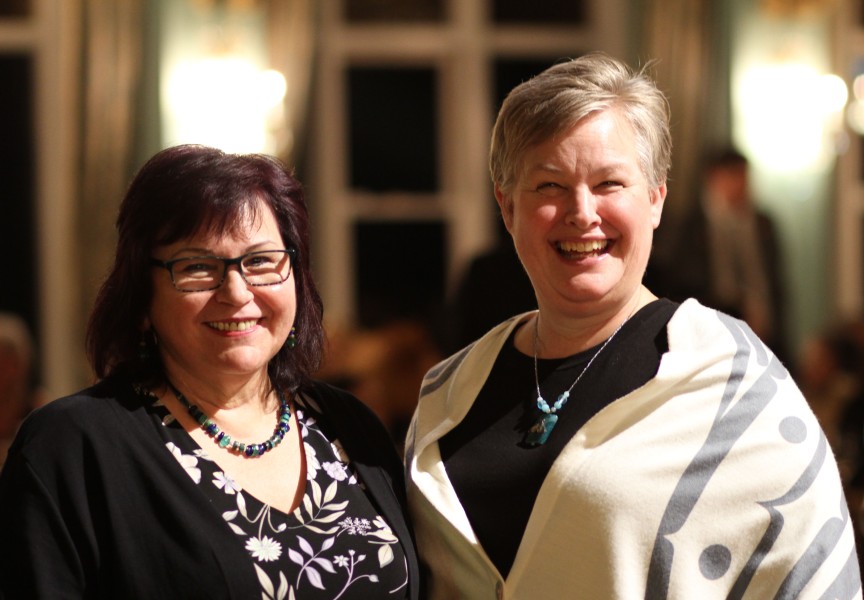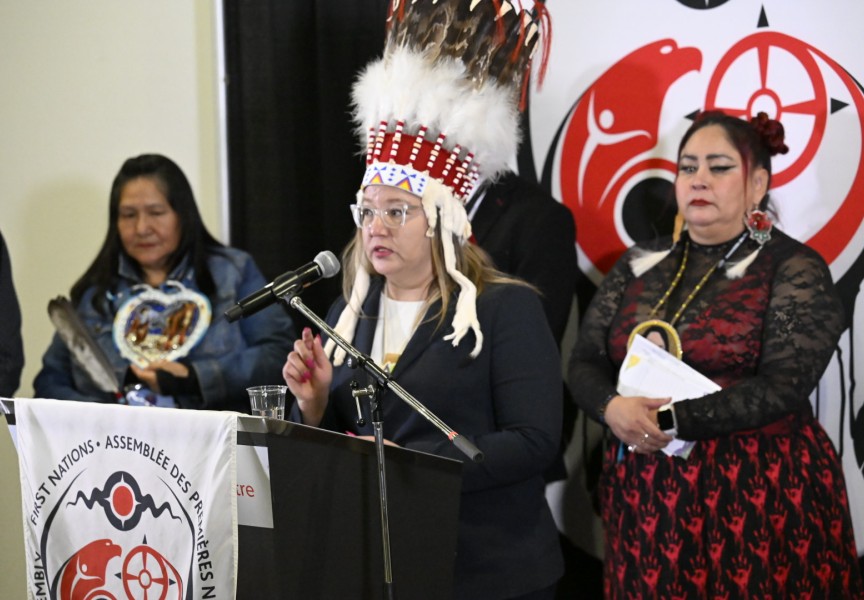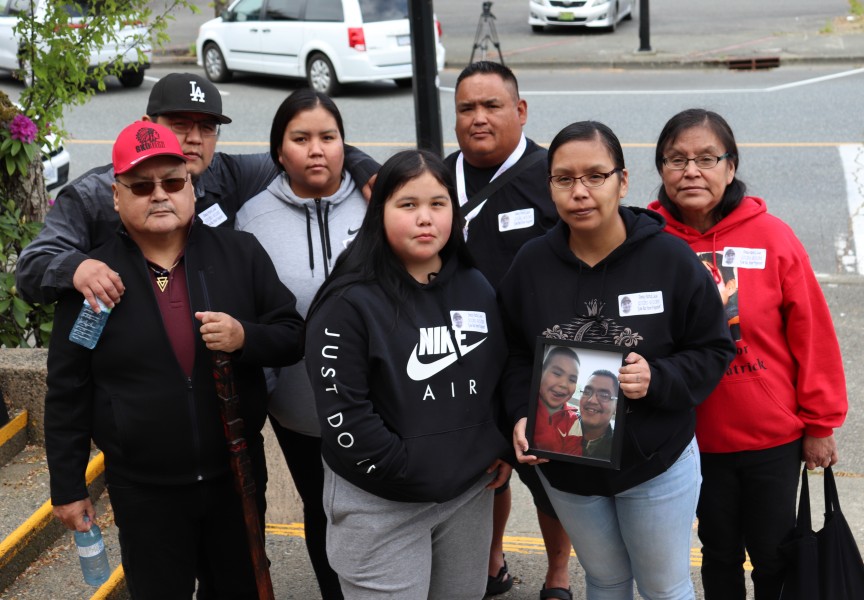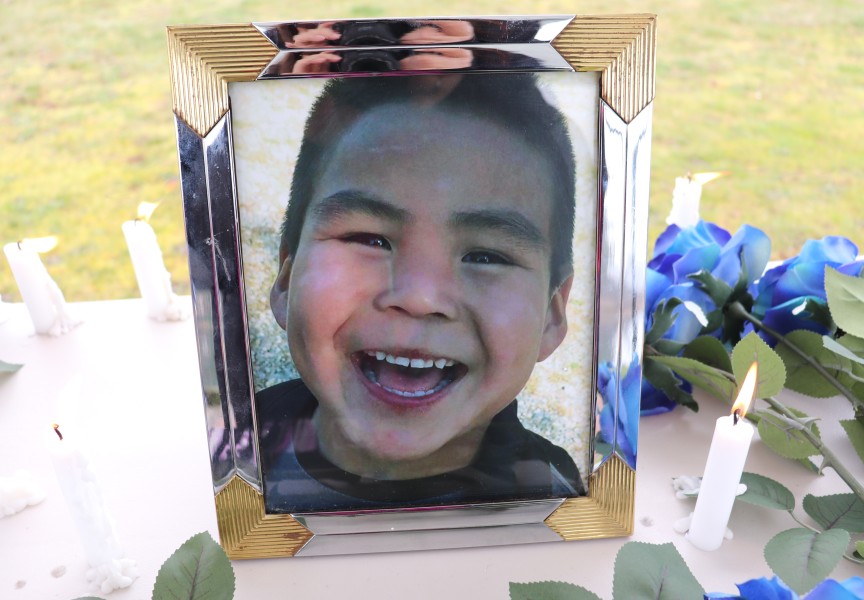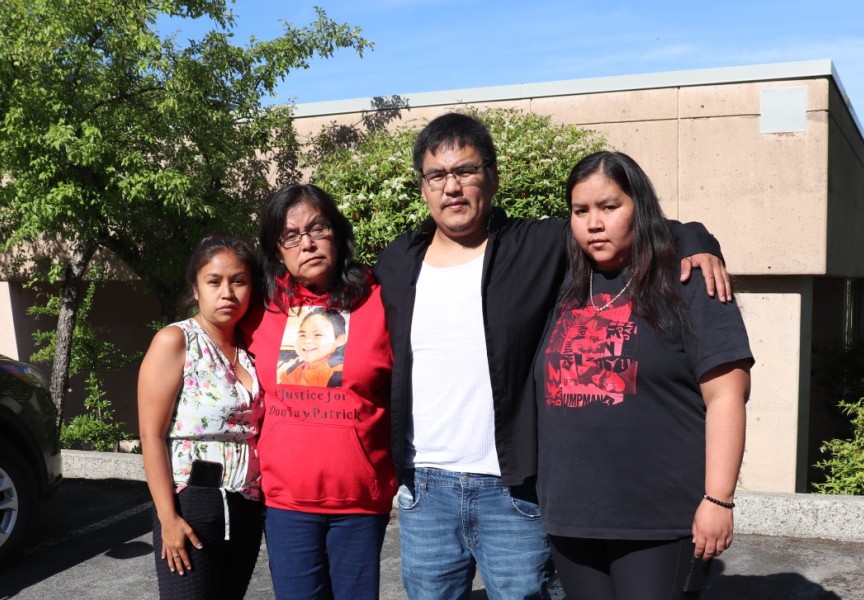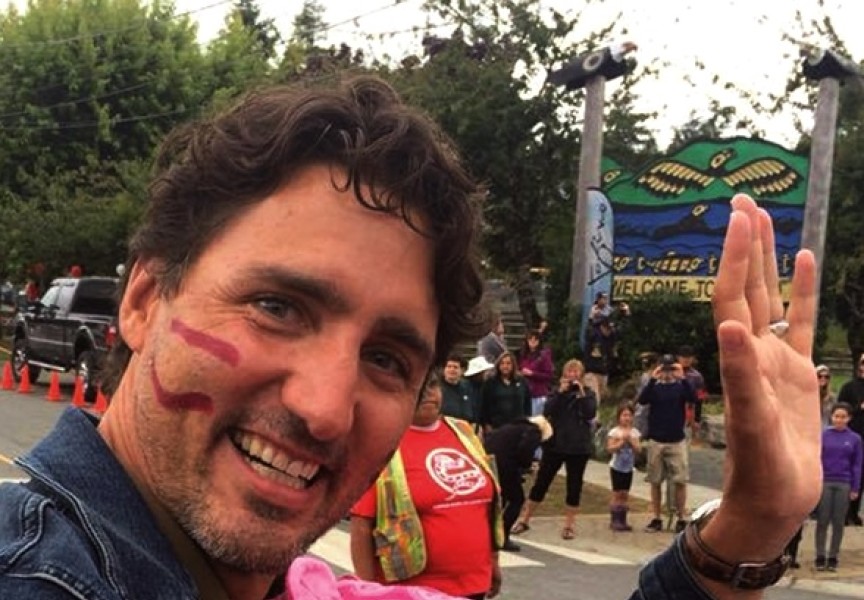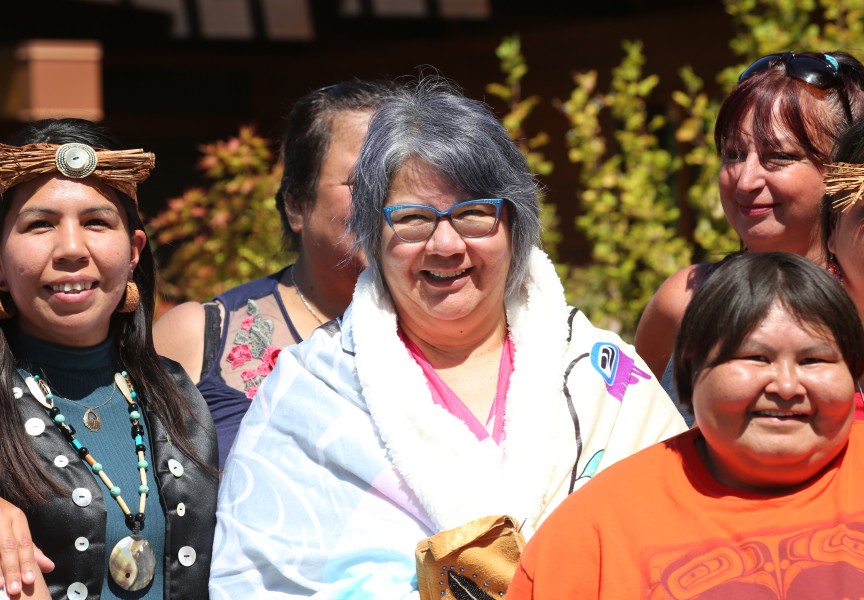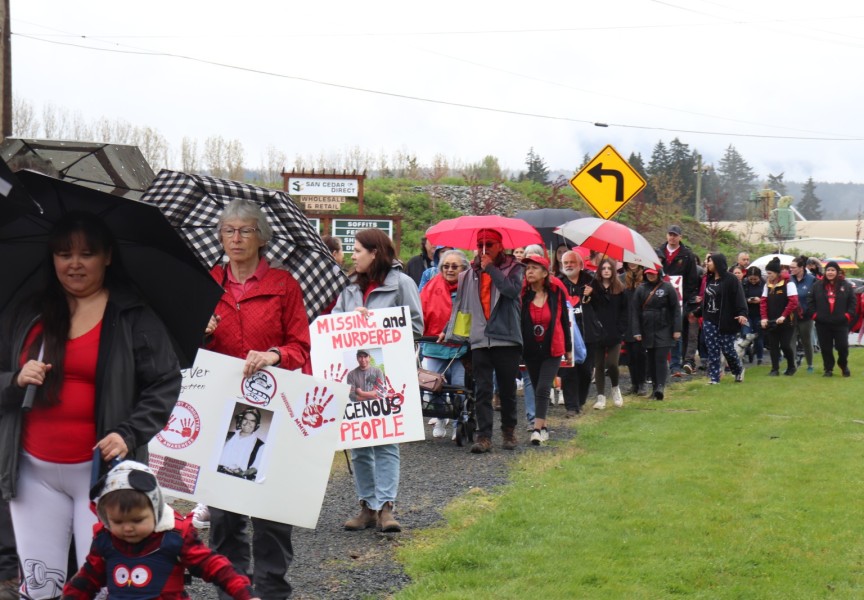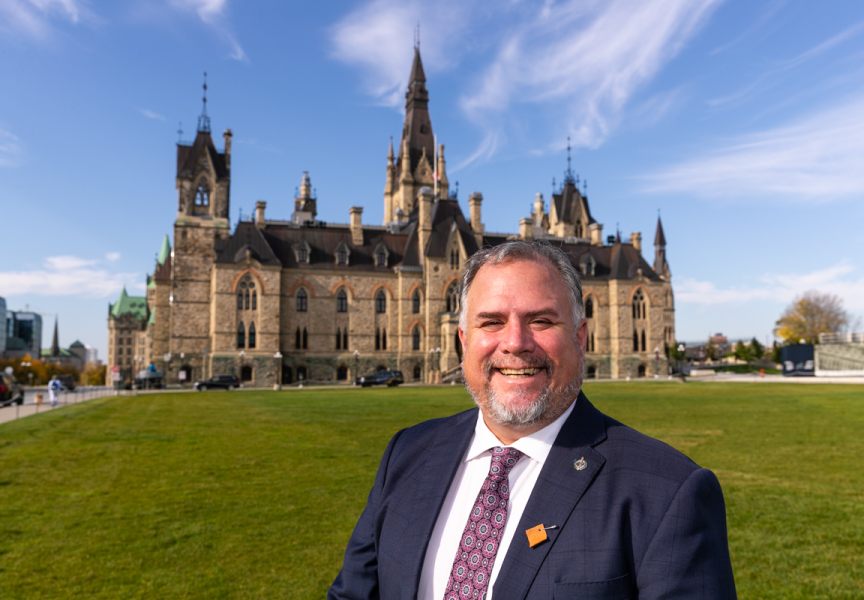A new bill was introduced in Parliament on Thursday, Feb. 28, that promises to address the large proportion of Indigenous children in Canada’s foster care system. The federal Liberal government plans to achieve this by giving First Nations the right to determine what happens to their children in care – a right that currently sits with provincial government.
Bill C-92 was introduced in Parliament by Indigenous Services Minister Seamus O’Regan. Co-developed with Indigenous partners, the bill seeks to affirm Indigenous peoples’ inherent right to exercise jurisdiction over child and family services.
In December 2018 Ha-Shilth-Sa reported Canada would soon introduce legislation that would change the foster care system. This includes a new Indigenous child and family services act with an aim to curb the severe overrepresentation of Aboriginal children in foster care.
Indigenous people represent 7.7 per cent of Canada’s population, yet 52.2 per cent of children under the age of 14 in Canada’s foster care system are Aboriginal.
In Western Canada the numbers of Indigenous children in foster care are staggering. In British Columbia 63 percent of children in foster care are of Aboriginal decent. In Alberta the number is 70 per cent, Saskatchewan is 80 per cent and in Manitoba 90 per cent of the children in care are Indigenous.
“The over-representation of First Nations, Inuit and Metis children in the child and family services system has been described as a humanitarian crisis,” says Indigenous Services Canada.
In documents supplied to NTC leaders, the government identifies poverty, poor housing, parental substance abuse and domestic violence as key causes for the overrepresentation of Indigenous children in care.
Bill C-92 is consistent with the Government of Canada’s ratification of the United Nations Convention on the Rights of the Child and commitments to implementing the United Nations Declaration on the Rights of Indigenous People, the Truth and Reconciliation Commission of Canada’s Calls to Action including the Call to Action No. 4, which calls “upon the federal government to enact Aboriginal child-welfare legislation that establishes national standards for Aboriginal child apprehension and custody cases”.
Beginning in January 2018 an emergency meeting of Indigenous Child and Family Services brought together representatives of the federal government, the provinces and territories, as well as Indigenous people, including former wards of the foster care system. At the meeting the federal government committed to reform the foster care system in an effort to address the overrepresentation of Indigenous children in care.
Over the following months the government of Canada met with organizations that include representatives of First Nations, Inuit, Metis, Treaty Nations as well as regional /provincial organizations, experts and those that lived the foster care experience. In August 2018, leaders with the Nuu-chah-nulth Tribal Council met with former Indigenous Services Minister Jane Philpott to give their input.
The nation-wide exercise formed part of the co-development of Bill C-92.
“Every possible measure should be taken to prevent Indigenous child apprehension and to reunite children with their families,” said Philpott in a statement. “New federal legislation is a powerful tool to support these efforts.”
According to a summary provided by the Ministry of Indigenous Services this bill intends to affirm the rights and jurisdiction of Indigenous peoples in relation to child and family services and sets out principles applicable, on a national level, to the provision services in relation to Indigenous children, such as the best interests of the child, cultural continuity and substantive equality.
Provision of services to an Indigenous child will be provided in a manner that takes into account their physical, emotional and psychological safety needs. Indigenous child services would also consider their culture, allow the child to know family, origins and promote substantive equality between the child and other children.
The proposed legislation dictates that when children are apprehended the system must seek to preserve the child’s connection to their families. When possible, placement of the child will be prioritized as follows: with one of the parents, another adult in the family, another adult from the same community/First Nation, another Indigenous adult and finally, any other adult. In addition, siblings must be kept together when it is in their best interest.
A child must not be apprehended solely on the basis of their socio-economic conditions including poverty, lack of adequate housing, infrastructure or on the health of their parent or care-giver.
In addition, the bill emphasizes the need for the system to focus on prevention rather than apprehension. This would mean the delivery of preventative support services to families, like prenatal care.
Most importantly, this bill provides a mechanism that allows Indigenous groups to exercise their inherent jurisdiction over their own child and family services model.
“Currently, Indigenous families are bound by rules and systems that are not generally reflective of their cultures and identities,” says a Government of Canada news release. “The goal of the proposed legislation is to change that by affirming the right to self-determination of Indigenous peoples to freely determine their laws, policies and practices in relation to Indigenous child and family services.”
According to the federal government, the bill is designed for Indigenous peoples to exercise partial or full jurisdiction over child and family services at their own pace. Depending on the path chosen, the exercise of their jurisdiction could result in their laws prevailing over federal, provincial and territorial laws.
“The biggest concern I see voiced is on funding. How do First Nations take over jurisdiction if there is not enough money to do so?” asked NTC President Judith Sayers.
The 2018-2019 First Nations Child and Family Services Program under Indigenous Services Canada budget is $1.1 billion.
The Liberal government hopes to pass Bill C-92 into law by the next federal election in October.


